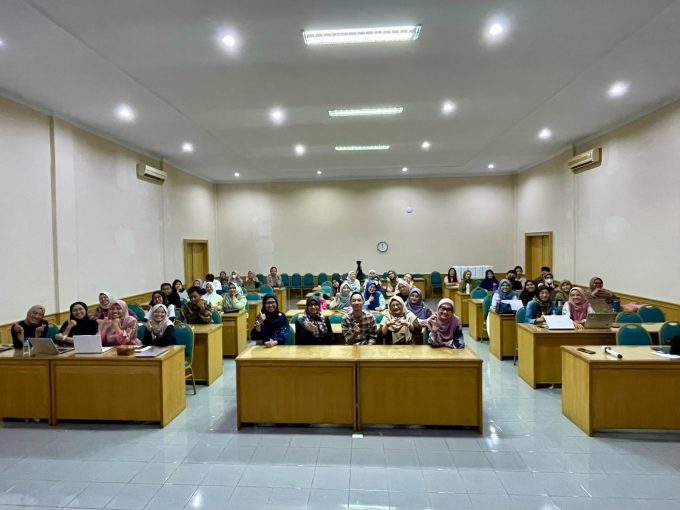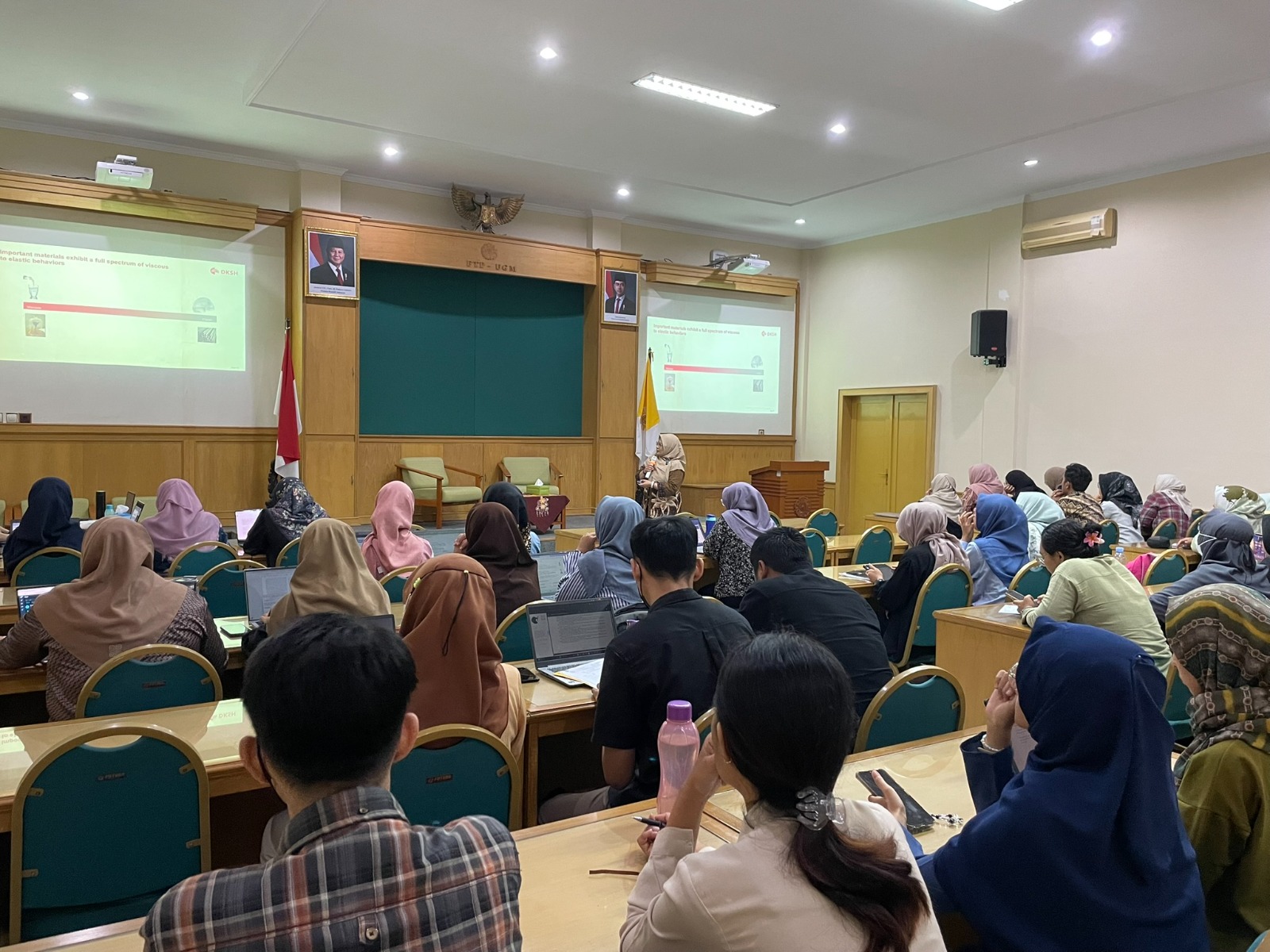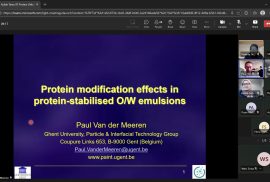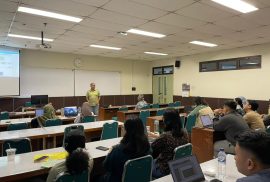
Food texture—such as hardness, elasticity, and adhesiveness—is a key factor influencing consumer acceptance of food products. To accurately assess these properties, a rheometer is used to measure the rheological parameters of food. In response to this need, the Department of Food and Agricultural Product Technology (TPHP) at Universitas Gadjah Mada held a rheometer training workshop from January 21 to 23, 2025.
 The training was officially opened by the Department Secretary, Dr. Dwi Larasatie Nur Fibri, S.T.P., M.Sc., and was attended by lecturers, technicians, and students. The event was met with enthusiastic participation and was divided into three main sessions: a theoretical session, a hands-on practical session, and an interactive discussion.
The training was officially opened by the Department Secretary, Dr. Dwi Larasatie Nur Fibri, S.T.P., M.Sc., and was attended by lecturers, technicians, and students. The event was met with enthusiastic participation and was divided into three main sessions: a theoretical session, a hands-on practical session, and an interactive discussion.
The theoretical session was delivered by Wiji Rahayu, S.Si., Malvern’s Application Specialist from PT DKSH Market Expansion Services. She provided a comprehensive overview of rheometer operation and rheological testing, covering essential topics such as yield stress, flow sweep tests, oscillation time sweep tests, and various geometry options. She also emphasized the importance of cleaning the rheometer plates and geometries to ensure accurate and consistent test results.
 In the practical session, participants were guided by Andrestian Refaldi, S.T., through the step-by-step use of the rheometer, starting from switching on the device, selecting the appropriate geometry based on the sample type, using the control buttons, and operating the accompanying software. Participants practiced testing various samples, including chocolate, milk, ice cream, mayonnaise, and sauce, gaining a deeper understanding of how different samples require specific handling techniques.
In the practical session, participants were guided by Andrestian Refaldi, S.T., through the step-by-step use of the rheometer, starting from switching on the device, selecting the appropriate geometry based on the sample type, using the control buttons, and operating the accompanying software. Participants practiced testing various samples, including chocolate, milk, ice cream, mayonnaise, and sauce, gaining a deeper understanding of how different samples require specific handling techniques.
The training concluded with an interactive discussion session, allowing participants to ask questions and share their experiences in rheological testing. Beyond expanding knowledge, this activity also significantly enhanced participants’ technical skills in using the rheometer, supporting Sustainable Development Goal (SDG) 4 on Quality Education.
Written by: Firstnandita Keisha




